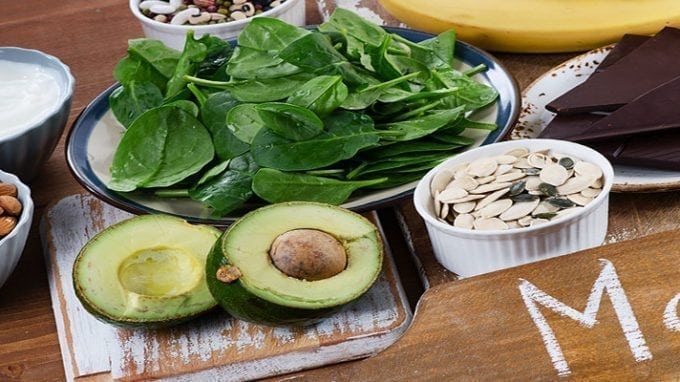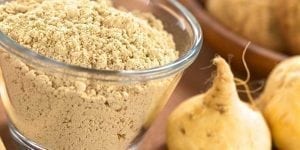For those having trouble conceiving a child, it can increase feelings of frustration and confusion. Because medical treatments for infertility can be invasive and expensive, there are natural ways to increase fertility without prescriptions or procedures. One supplement that may have a positive effect on the journey to parenthood is magnesium.
The Link with Fertility
Deficiency of this important mineral can cause a range of unpleasant physical effects including spasms of the fallopian tubes that prevent a fertilized egg from implantation in the uterus. An estimated two-thirds of women fail to consume the recommended daily allowance of 320 milligrams of magnesium, therefore increasing intake may make it easier for women to conceive, especially if the cause of the fertility is unexplained.
In addition to relaxing the fallopian tubes to promote implantation, the mineral also helps the body regulate the menstrual cycle, which can make it easier to determine when ovulation occurs and thus time intercourse accordingly to increase chances of conceiving each month. Women who meet or exceed the recommended daily allowance of this mineral are more likely to have a 28-day menstrual cycle and ovulate on day 14. It can also help resolve conditions that impact fertility including fibroids, endometriosis, and PCOS.
Promoting Miscarriage Prevention
In addition to helping in conception, sufficient intake of magnesium can help carry a pregnancy to full term. How does it work? Magnesium helps the body produce the progesterone and estrogen needed to nourish the developing baby in the first few weeks after conception and strengthen the placenta that will provide nourishment while he or she grows.
Magnesium for a Healthy Pregnancy
As pregnancy progresses, magnesium intake is essential as the mineral can help prevent uterine contractions that can cause premature labor, as well as provide the support the mother’s tissues need to stay healthy. It can also help ensure that the baby is getting enough nutrients from the placenta. Deficiency during pregnancy is associated with health risks like preeclampsia and gestational hypertension, as well as unpleasant symptoms like leg cramps and water retention.
Adding the Mineral to Your Diet
According to Dr. Carolyn Dean, author of The Magnesium Miracle, individuals should strive for a daily ratio of between 1:1 and 2:1 calcium to the mineral for maximum fertility benefit. For most women, this means a daily intake of 500 to 800 milligrams. Foods that are rich in this mineral include leafy greens, nuts, seeds and whole grains (especially pumpkin and sunflower seeds), kelp, wheat bran, almonds and cashews. Another great source of magnesium is dark chocolate, the less sugar added the better. It can also be taken in a capsule form or by adding Epsom salts to a bath.




